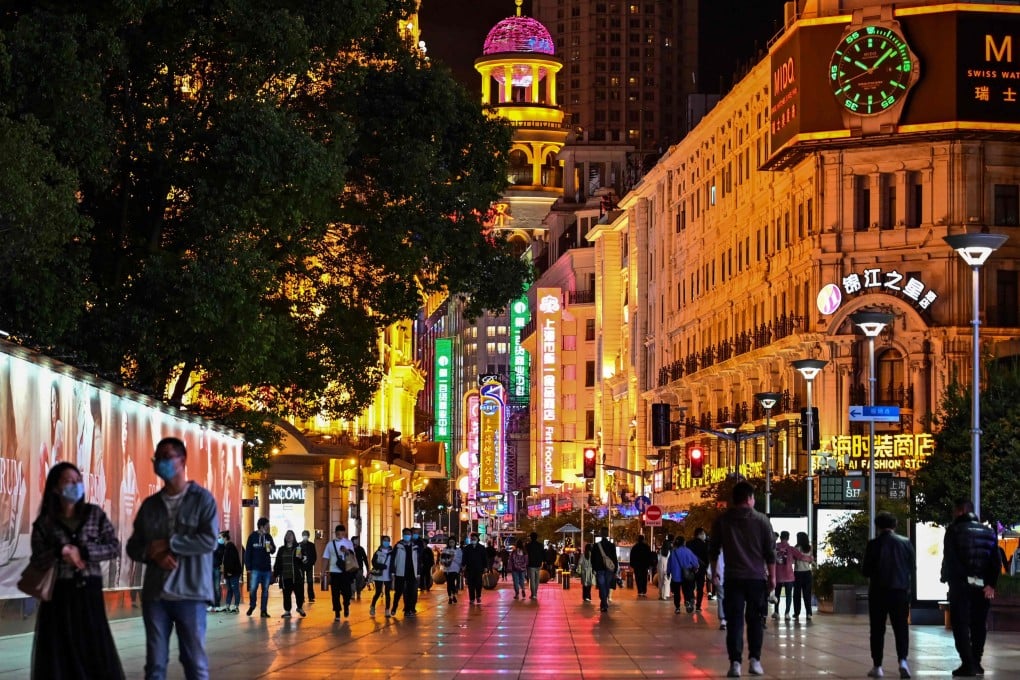Opinion | Foreign aid gave China’s economy a leg up in the 1980s, but political pragmatism did the rest
- With pragmatic leaders like Deng Xiaoping and Jiang Zemin, China’s opening up was a lesson in how far small investments can go when paired with the right policy framework and a willingness to adapt
- As Beijing moves to ease parts of its zero-Covid policy, there is hope these virtues live on

Foreign aid is often criticised as being a waste of taxpayers’ money. Commentators argue that too often it reinforces the power of the state to the detriment of private enterprise, while facilitating bureaucratic corruption that benefits unaccountable elites.
In 1979, I went to Beijing as the deputy representative of the UN Development Programme (UNDP), which was setting up an aid programme in China, the first in the country since the end of the Soviet aid programme in the ’50s. It was an early, tangible signal of China’s newly-found pragmatism under Deng Xiaoping and his willingness to reach out to external partners to support economic transformation.
Soon after my arrival in Beijing, I accompanied the then UN representative in China, Nessim Shallon, to a luncheon meeting convened by the chairman of the newly established foreign investment commission. Present at the meeting, in addition to the chair of the commission, was the vice-chair, Jiang Zemin, then a relatively unknown functionary. Unlike most meetings with government officials, this one was quite intimate with only an interpreter present.
Our hosts steered the conversation towards the topic of economic modernisation and the role that foreign investment and technology might play in that effort. The commission, we were told, wanted to learn more about the experience of other countries that had successfully attracted foreign investment. Our interlocutors were particularly interested in special economic zones (SEZs) and how they could stimulate inward investment.
At the end of the discussion, we agreed that the UN would fund a study tour for senior commission officials to visit selected countries and SEZs. With the help of the UN’s Centre on Transnational Corporations, we organised visits to 11 countries that had established SEZs of one kind or another, including Mexico, Mauritius and Brazil. The delegation was led by Jiang.

